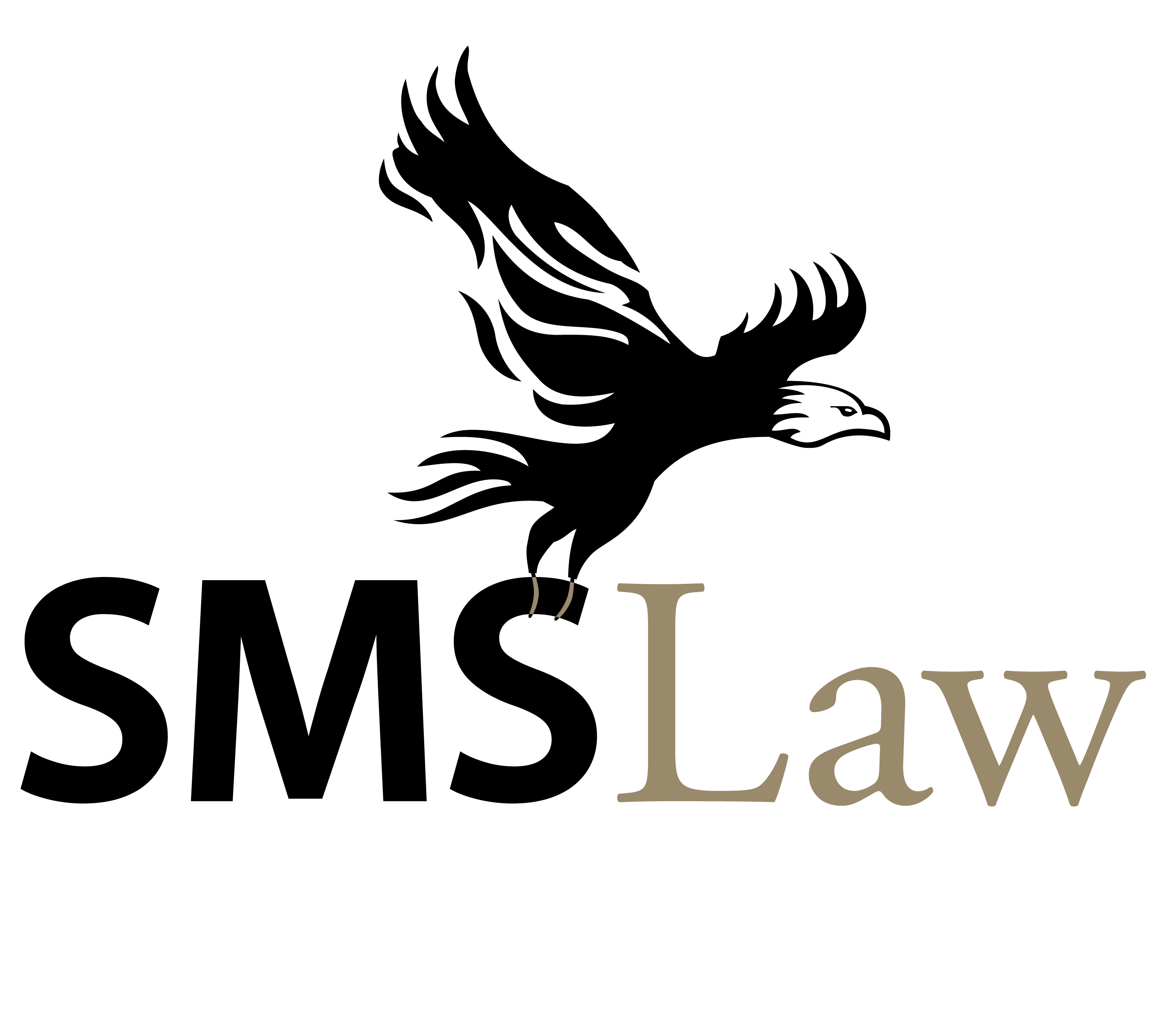
What is a Family Trust?
23 December 2021
What is Conveyancing?
3 March 2022What could it mean for you?
At SMS Law, we have extensive experience in acting for client’s who may be becoming bankrupt and creditors who are considering applying to have a person declared bankrupt. We have written this article to give a brief to readers as to the consequences of the bankruptcy process. A more detailed analysis can be found on the Insolvency and Trustee Service Australia (ITSA) website at http://www.itsa.gov.au.
If a person becomes bankrupt, what debts form part of their bankrupt estate?
When a person is declared bankrupt they are obliged to complete a Statement of Affairs. The majority of debts are provable in bankruptcy however a number of government-imposed expenses are not provable such as:
- Penalties imposed by a court;
- Fines imposed by a court;
- HECS-HELP debts;
- Debts that a person incurs after the date of bankruptcy;
- Spousal maintenance;
- Child support; and
- Debts incurred by Fraud.
When a bankrupt is discharged from bankruptcy they will be released from provable debts however the debts listed above will still apply to the bankrupt.
Any debts that are those of secured creditors (i.e. a mortgage over a person’s home) are not affected by a person’s bankruptcy. The secured creditor can enforce their rights against the property, sell the property and then become an unsecured creditor of the bankrupt estate for any shortfall.
All unsecured creditors do not have a right to repossess goods to sell them but may receive a dividend based on the debts that the bankrupt owes.
In circumstances where a bankrupt forgets a debt the bankrupt must immediately notify the trustee. If you fail to disclose debts, the bankruptcy could be extended to 5 years.
Any debts that a bankrupt incurs after they are declared bankrupt are debts that the bankrupt is responsible to pay and do not form part of the estate.
What assets can a bankrupt keep?
An asset is anything that you own and includes real property and all chattels or possessions. Pursuant to the terms of the Bankruptcy Act certain items are protected which means that a bankrupt may keep the assets. Generally, a bankrupt persons household items, furniture and personal effects, life insurance and superannuation policies are protected by the Bankruptcy Act. A bankrupt may also be able to keep tools used to earn an income, as well as vehicles (including cars or motorbikes) can also be kept so long as certain criteria are met.
A person’s house forms part of their bankrupt estate and is not protected property. Where a house is mortgaged there are a variety of options that can be used to protect the house however usually the mortgagee of the property will sell the property to pay the debt owed by the bankrupt.
If a bankrupt attempts to transfer their house or other assets to prevent their bankruptcy trustee from obtaining access to it, the trustee has the power to void transactions made within a period of 5 years prior to the bankruptcy. The trustee will investigate the transfer and may recover the asset if the transfer was consideration for the transfer was less than the market value.
This is a complicated area of the law and we ask that you contact us if you have any questions.
Does bankruptcy affect a persons employment?
There are a number of different industries that may be affected by a person becoming bankrupt. Generally, however, it does not prevent you from working. If the bankrupt is engaged in particular trades or professions there may be certain restrictions imposed by professional associations or licensing authorities.
We have extensive experience in assisting people who have bankrupt, may become bankrupt in the future or creditors wanting to ascertain what rights they have against a bankrupt estate. It is a complicated area of the law which requires consideration of a variety of different factors.





